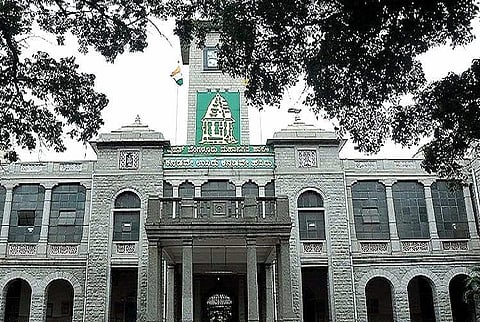

Seventy years after independence, India is witnessing a rapid increase in urbanisation. According to 2011 Census, less than a third (31%) of India lives in urban areas. But a study of satellite images suggests that 63% of Indians are living in urban localities.
According to government estimates, about 50% of the Indian population will be living in urban areas by 2051.
However, many of the urban local bodies (ULBs) in India are not generating enough income on account of their own revenues.
An analysis of the study based on CAG reports, done by Janaagraha, a Bengaluru-based non-profit, shows that on an average, the own revenues generated by ULBs have a share of only 37% of the total receipts. Only three states viz. Punjab, Goa and Andhra Pradesh, recorded more than 50% share of own revenues.
While Punjab fares the best with revenues of its urban local bodies contributing 74% of total receipts, Goa comes second with 55% while AP is at 54%.
The study is an annual survey and evaluates the quality of city systems in India across 18 states.
"There is no such benchmark. But looking at Mumbai or other cities that have been studied closely such as New York or London, they are able to generate significant revenues through property tax and advertisement,” Anil Nair, deputy head of advocacy at Janaagraha, told TNM.
“Cities like Mumbai and Pune do well in terms of property tax and advertising revenue collection— these being the primary source of revenue for local bodies. Mumbai is a complete outlier in revenue generation they are not at all dependent on central or state grants,” he added.
Another highlight in the findings is that ULBs of capital cities across 12 states have spent close to two and a half times the per capita spend in the corresponding states, on infrastructure and services.
One more facet borne out by the report is that many states fail to assess the financial position of the UBLs due to a significant delay in preparation of their accounts and audits.
The report suggests that states should appoint chartered accountants to clear the backlog.
These unaudited accounts not only make the UBLs/ state incapable of making informed financial decisions but also impact the availability of state and central grants.
Speaking specifically about the Garden city, “For Bengaluru, the story is much different. We believe that the property tax potential is close to Rs 6,000 crores, they manage to collect close to Rs 1,000 crore. The gap is in terms of both assessment and collections,” Anil Nair said.